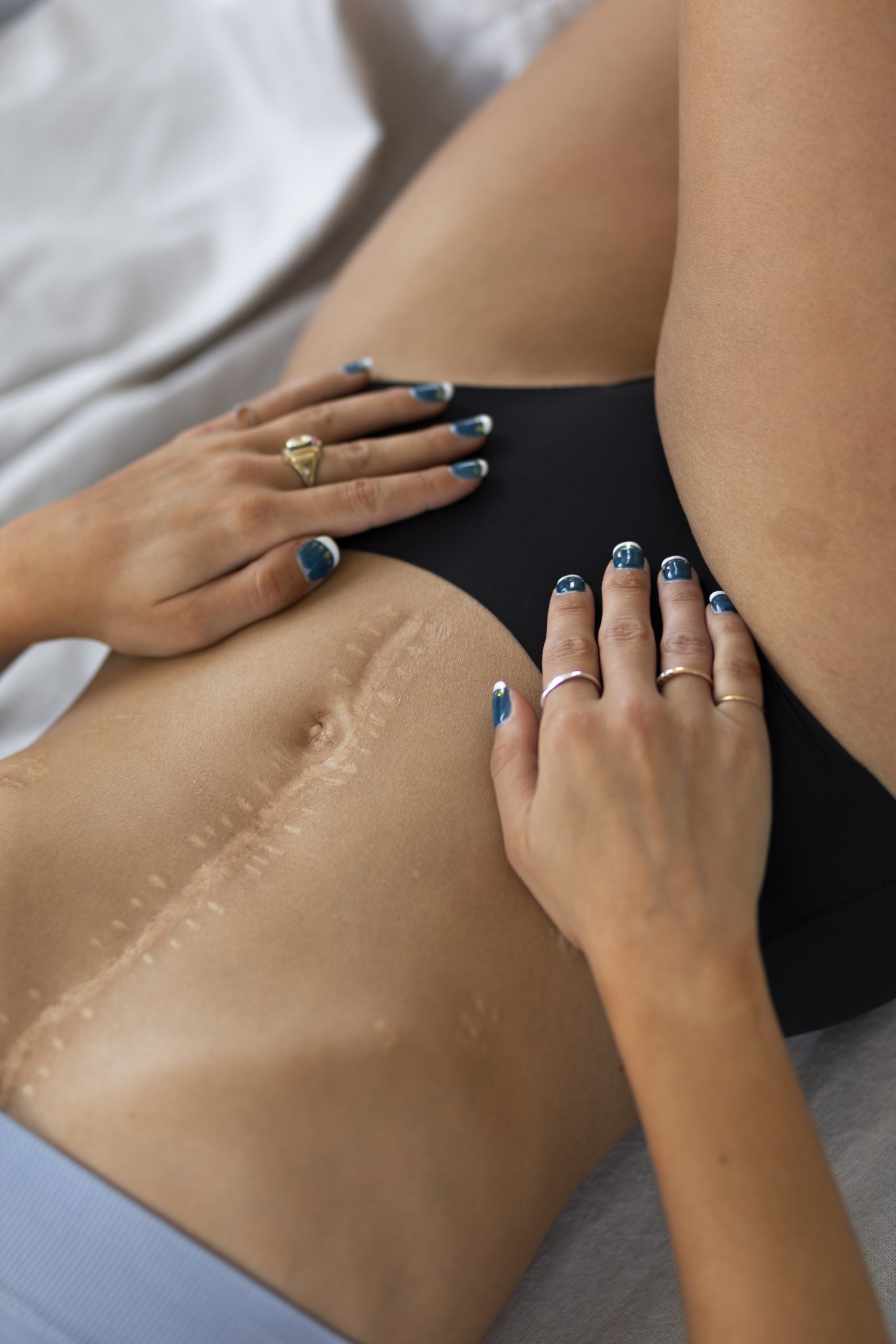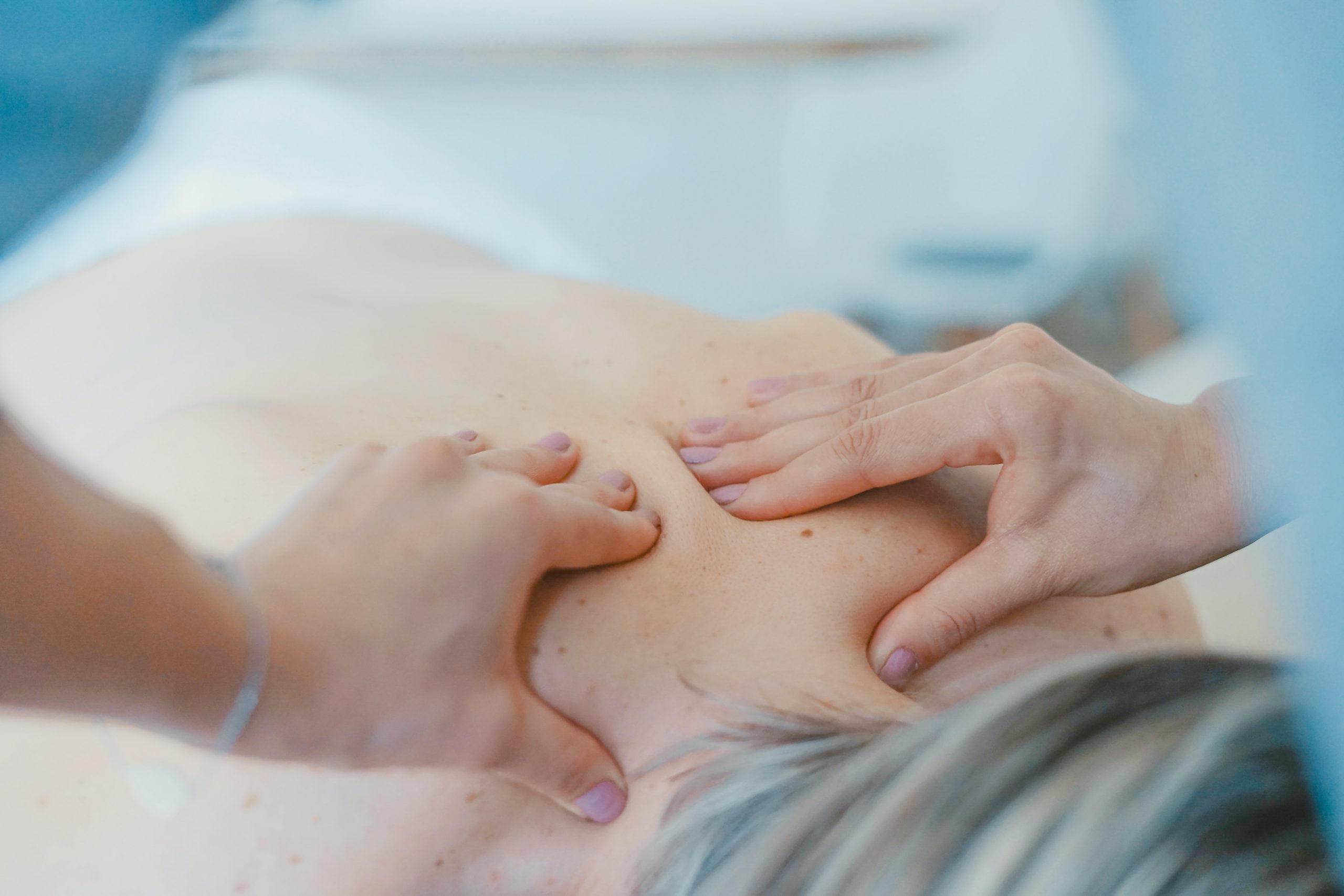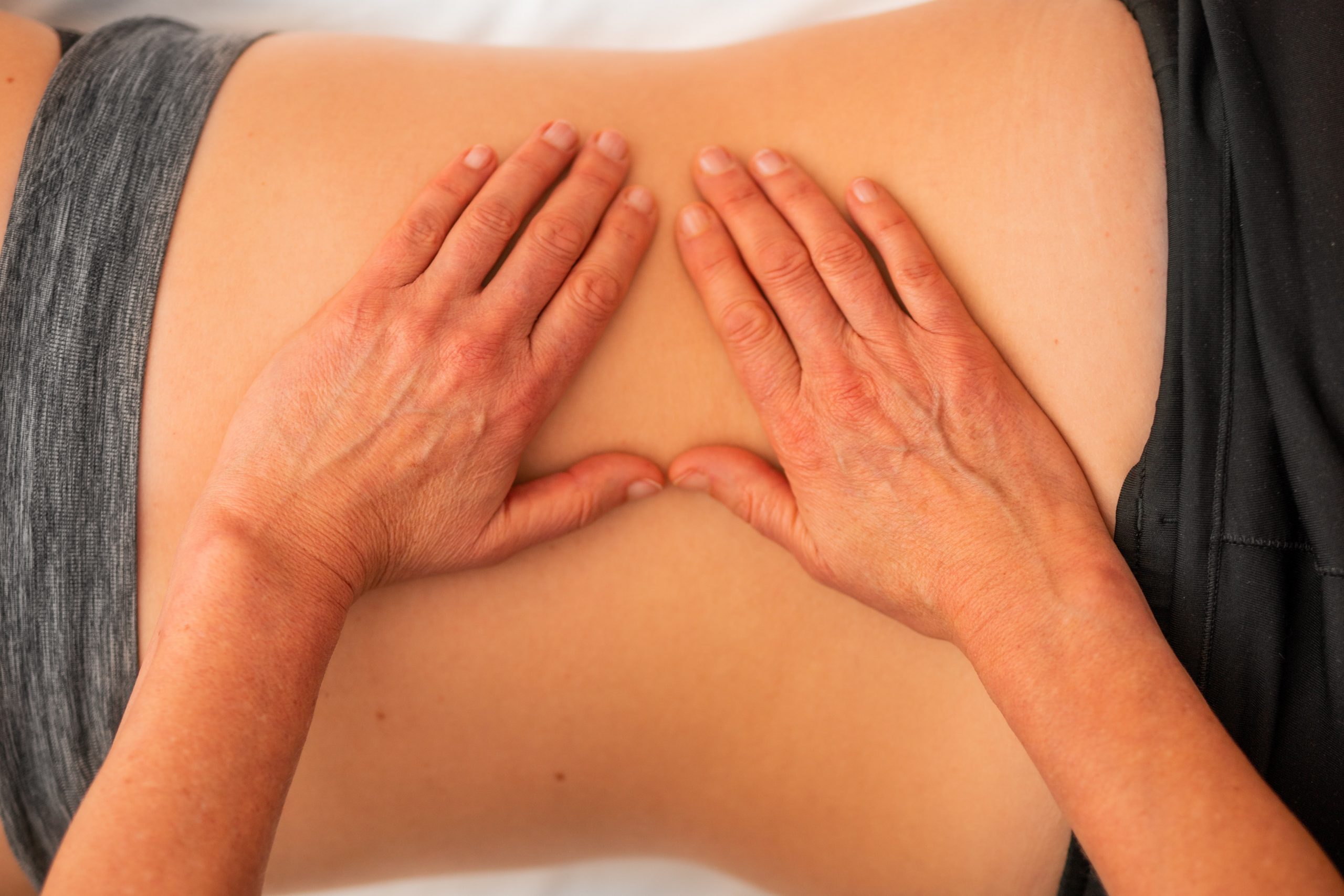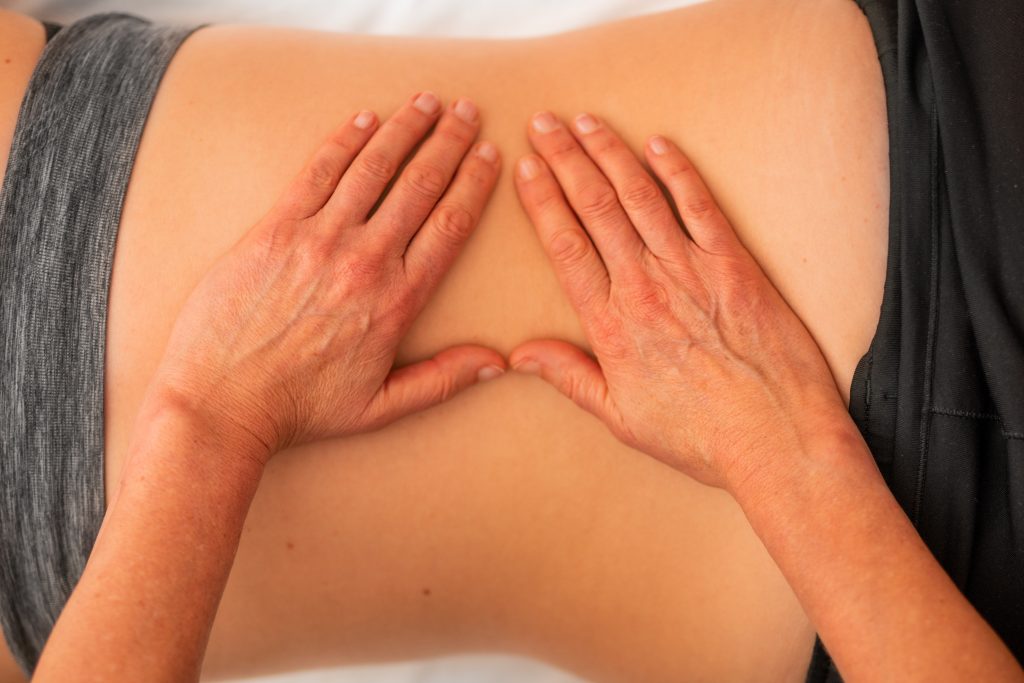Lymphatic Drainage After Surgery: A Quicker, More Comfortable Recovery
Considering lymphatic drainage for your recovery plan can significantly impact your post-surgery experience. This gentle massage technique provides relief and plays a pivotal role in recovery, offering advantages for a faster, more comfortable healing journey.
1. Reduction of Swelling and Oedema: Post-surgery, swelling and fluid accumulation are common. Lymphatic drainage efficiently removes these fluids, reducing swelling and promoting quicker recovery.
2. Stimulation of Healing: Enhancing lymphatic and blood circulation, drainage efficiently delivers essential nutrients, fostering faster and more effective healing.
3. Minimising Bruising: The gentle technique minimises bruise formation around the surgical area, resulting in a more aesthetically pleasing appearance.
4. Relief of Muscle Tension: During recovery, drainage alleviates muscle tension caused by the surgical position, enhancing overall comfort.
5. Prevention of Postoperative Complications: Fluid and metabolic waste removal reduces the risk of complications, such as infections and excessive fluid accumulation.
6. Improvement in Mobility: By reducing swelling and stiffness, drainage facilitates quicker recovery of mobility, allowing a gradual return to normal activities.
7. Boost the Immune System: Promoting lymphatic circulation strengthens the immune system, assisting the body’s defence against infections during the vulnerable postoperative period.
8. Acceleration of Anaesthetic Elimination: Drainage aids the body in expelling anaesthesia residues rapidly, assisting in conscious recovery and reducing potential side effects.
9. Emotional Well-being: Beyond physical benefits, drainage provides relaxation, significantly contributing to emotional well-being during the challenging recovery process.
10. Customisation for Individual Needs: Recognising that every surgery is unique, drainage can be adapted to meet specific requirements, offering a tailored approach to recovery.
Conclusion: In conclusion, consult your doctor before any postoperative treatment. Considering drainage as part of your recovery plan, you invest in physical healing, emotional comfort, and overall well-being during this challenging period.
















































